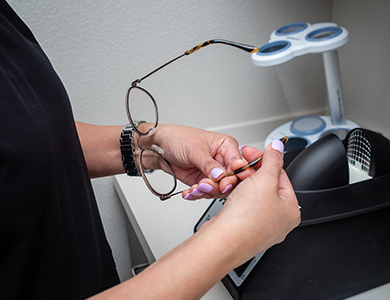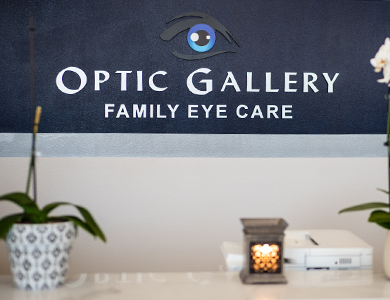
Dry eye syndrome is a common condition that affects millions of individuals worldwide. It occurs when your eyes do not produce enough tears or when the tears evaporate too quickly. This can lead to a variety of uncomfortable symptoms, one of which may be excessive blinking.
What is Dry Eye Syndrome?
Dry eye syndrome is a chronic and typically progressive condition. Your eyes rely on a consistent layer of tears to provide constant moisture and lubrication to maintain vision and comfort. When there is a disturbance in this tear film, you may start to experience the discomfort associated with dry eye.
The tear film is a complex mixture of water, fatty oils, and mucus. This mixture helps to smooth the surface of the eyes and clear them of foreign particles or irritants. Additionally, the tears contain natural antibiotics that help protect your eyes from infection. When this delicate balance is disrupted, the symptoms of dry eye can emerge.
Tears are produced by several glands in and around your eyelids. Dry eye can occur when these glands do not produce enough tears or when the tears are of poor quality. The result is a surface of the eye that isn't adequately moistened, leading to irritation and other symptoms.
Common Causes of Dry Eye
There are numerous factors that can contribute to the development of dry eye. Aging is a common cause of dry eye. As you age, tear production naturally decreases. Post-menopausal women are particularly at risk due to hormonal changes that can affect tear production. Medications such as antihistamines, decongestants, blood pressure medications, and antidepressants can also reduce tear secretion.
Medical conditions such as rheumatoid arthritis, diabetes, and thyroid problems are associated with dry eye. Blepharitis, an inflammation of the eyelids, and meibomian gland dysfunction, which affects the oily part of tears, can lead to evaporative dry eye as well.
Recognizing the Symptoms of Dry Eye
The most common symptoms include a stinging or burning sensation in the eyes, scratchiness, and a feeling of something foreign within the eye. You might also experience sensitivity to light, eye redness, and blurred or fluctuating vision.
Another symptom that may be present is eye fatigue. This can occur when you're trying to focus for long periods, and your eyes become tired from the additional effort required due to the lack of proper lubrication.
Excessive blinking can be a direct consequence of dry eye syndrome. Blinking is your body's natural way of refreshing the eyes and spreading tears over the surface. When your eyes are dry, the urge to blink more frequently may increase as an attempt to alleviate discomfort and distribute what little moisture is available. It's a sign that your visual system is struggling to maintain the moisture and lubrication that is vital for clear vision and comfort.
When to See an Optometrist for Dry Eye
It's advisable to consult with an optometrist when you notice persistent symptoms of dry eye. This is especially true if you find that these symptoms are affecting your daily activities, such as reading, driving, or working on a computer.
An optometrist can perform a comprehensive eye exam to diagnose dry eye syndrome. They may use tests to measure tear production, quality of your tears, and the rate of tear evaporation. These assessments can help determine the severity of the condition and the best course of action.
Dry eye treatments aim to restore the normal amount of tears in the eyes, thus reducing dryness, discomfort, and blinking frequency. Your optometrist might recommend prescription eye drops that help increase tear production, or they may suggest punctal plugs. These tiny devices are inserted into the tear ducts to block drainage, thereby keeping your natural tears in your eyes longer.
In addition to medical treatment, lifestyle changes can also make a significant difference. You should ensure your environment is eye-friendly by controlling air quality and humidity. Taking regular breaks during tasks that require prolonged focus can help, and increasing your intake of omega-3 fatty acids is known to improve tear quality.
Navigating Dry Eye Effectively
Dry eye syndrome is a multifaceted condition that can significantly impact your quality of life. By understanding the causes, recognizing the symptoms, and knowing when to seek professional care, you can take proactive steps towards managing your ocular health.
If you are experiencing persistent symptoms of dry eye, schedule an eye exam with our professionals for proper diagnosis and effective treatment. Visit Optic Gallery South Meadows at our office in Reno, Nevada. Please call &775) 451-3937 to book an appointment today.








